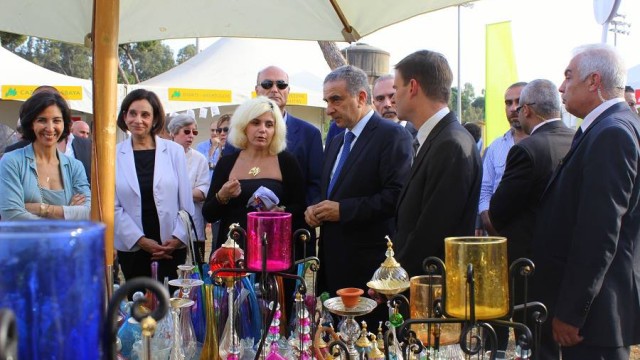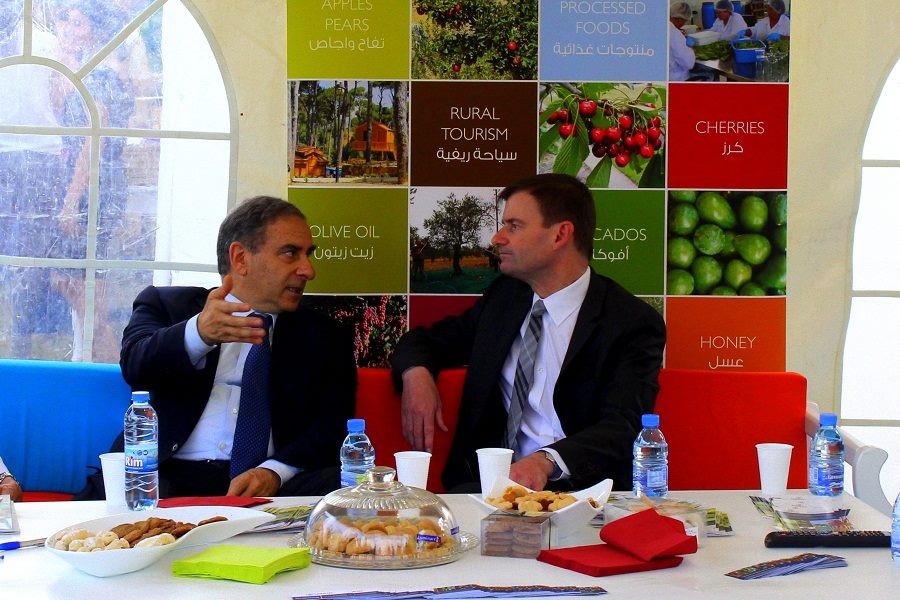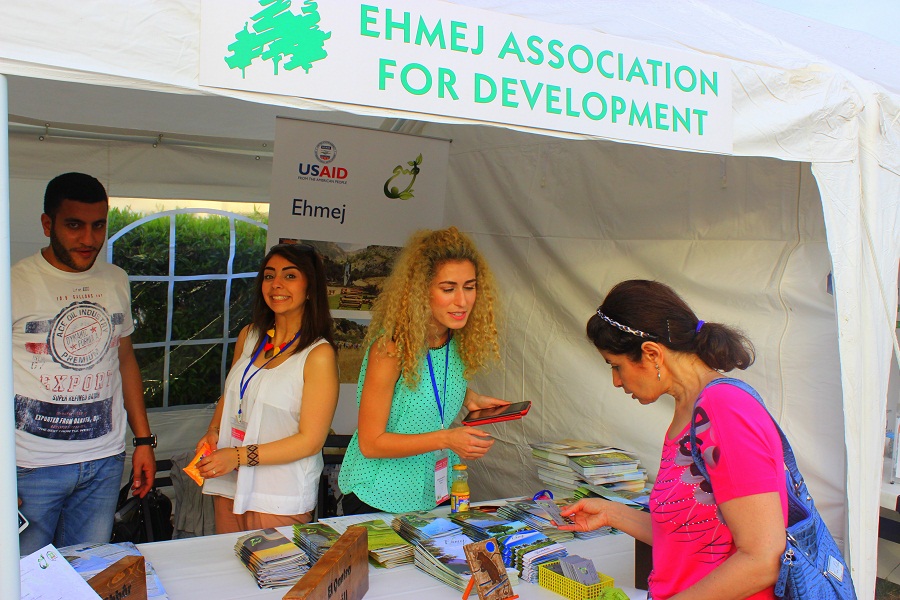On May 28, 2014, U.S. Ambassador to Lebanon David Hale participated in the opening ceremony of the Travel Lebanon exhibit at the Beirut Garden Show and Spring Festival. Travel Lebanon is a partnership between the U.S. Agency for International Development (USAID) and Hospitality Services, in cooperation with the Ministry of Tourism. This initiative to enhance rural tourism in Lebanon contributes to Lebanon’s economic growth, drives investment, and creates jobs.
Within the framework of the economic partnership between the United States and Lebanon, USAID launched the five-year, $41.7 million Lebanon Industry Value Chain Development project (LIVCD) in 2012 to generate income for small businesses and create jobs in rural areas, particularly for women and youth. Through LIVCD, the U.S. provides financial support to small businesses, facilitates access to markets, and creates ties between producers, suppliers, processors.
Below are Ambassador Hale’s remarks from the ceremony.
“Good afternoon Minister Pharaon, ladies and gentlemen. I am pleased to be here today to celebrate the Embassy’s partnership with Travel Lebanon. As some of you may know, I first arrived in Beirut over 25 years ago and have been back many times. I’ve hiked the trails of the Cedars and the Chouf, marveled at the ruins in Tyre and Baalback, and strolled the streets of Tripoli. The natural beauty and archaeology of Lebanon reeled me in, just as it has caught many before me.
That is why I am happy to oversee the partnership our two countries have forged to help grow the local tourism industry. We have supported ecotourism and other projects here since 2002. These have included the redevelopment of the Lebanon Mountain Trail, a 440 kilometer national hiking trail that runs the length of the country and connects more than 71 villages.
The Embassy, through USAID, trained 50 local guides, established 11 guesthouses, and worked with about 50 municipalities and 10 NGOs in trail-side communities to show them the economic benefits of the trail and tourism. Those communities now see the value of the trail and work to protect it and promote it as a tourist destination.
We also focused on the culinary arts as a way to interest potential visitors to travel to a town. We collaborated with Souk el Tayeb, the organizer of an organic farmers’ market in Lebanon, to support a series of five heritage food events celebrating local culinary and agricultural traditions. These events generated sales and publicity, and demonstrated that local products and heritage can generate business opportunities in rural areas.
In 2012, we launched a new five year, $41.7 million project to develop businesses, sites and products that encourage Lebanese to be tourists in their own country. That can help grow businesses and create jobs.
For example, in Ehmej, in upper Byblos, we are helping to create winter tourism activities, link Ehmej to the Lebanon Mountain Trail, and up-grade local hiking trails.
We worked with Hadath al Jebbeh and with the Union of Jezzine Municipalities in south Lebanon to develop marketing and promotional material for these areas, so people know what those communities have to offer for a long weekend or more.
Of course, what would a vacation be without a souvenir or two to take home? We work with local groups and cooperatives to develop products, such as handicrafts, that would appeal to tourists. This program has helped many rural residents, especially women, develop their skills and help provide for their families. Some of their work is on display at the show today so you can get a first-hand look at the work.
Today, we celebrate our joint efforts to highlight the very best of what Lebanon offers – to both the tourist and the investor. I want to thank the Lebanese Minister of Tourism, H. E. Michel Pharaon, for recognizing that tourism matters to people, matters to the economy, and matters to the growth and prosperity of this nation. And I encourage Lebanese to tour their own country this year and see the sites that have inspired so many foreign visitors to your land.”



